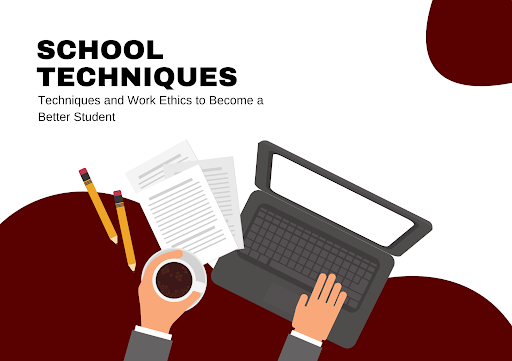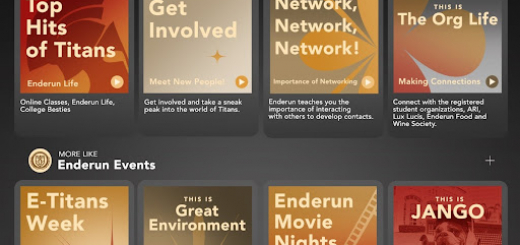Techniques and Work Ethics to Become a Better Student

The vast majority of us have spent most of our lives as students. From kindergarten to college, the societal standard of studying keeps us on track and prepares us for individual living. Surprisingly, though, not all students know how to be good students. I admit that I winged a good portion of my academic life. Cramming all information the night before an exam might work in the short term, but it is simply unsustainable and could easily burn one out. Additionally, study techniques like mindless memorization might work for your next quiz but it also might render practically useless, aside from getting good numbers in your records.
It is worth noting, though, that while face-to-face learning is different from online learning, the fundamentals of studying and learning remain the same. We study to learn, we learn to apply, and we apply our learnings to survive. Here are four study techniques and work ethics that are considered to be the most effective ones, tried and tested by yours truly, and backed by research.
Study Techniques
-
Write your words down
The world is able to progress and continue because of documentation and writing. Learning from the past is done through reading from what is already written. This is why writing is one of the most important skills that one learns and should develop. Writing preserves data and memory. It solidifies a thought and leaves an imprint of its existence in the physical realm. Whatever it might be about, writing something down allows for organization, or the first step of it. Jeff Bradford, CEO of a marketing firm called the Bradford Group, said “Good writing is fundamentally good thinking… Writing out what you want to communicate forces you to organize your thoughts.” -
Become a teacher
This doesn’t necessarily mean to literally take it up as a profession; it simply means to understand and internalize ideas enough that you earn the ability to impart and share the knowledge you have learned. Plato was inspired by his teacher Socrates and he ended up becoming the teacher of Aristotle. The student becomes the master. This study technique can be applied in multiple perspectives: teaching the self, teaching others, and even teaching space. Teaching yourself includes quizzing yourself, flashcards, and creating summary outlines from textbooks. Teaching others involves forming study groups, studying with a partner, or even teaching a sibling. Teaching empty space, as ridiculous as that sounds, also works swimmingly for some people. This might involve simply teaching your pet or explaining your concepts to a wall. Like a teacher, getting your words out there in a logical and cohesive manner solidifies your knowledge and enhances your communication.
Work Ethics
It is essential to establish your discipline and ethics in whatever you do. Good work ethics help people work in the most efficient way possible.
-
Make and stick to a routine
Routines maximize efficiency in the operation of tasks. Not just for students, but for all people. Back in face-to-face, a general format of a Titan’s routine would consist of waking up, preparing to go to class in your snazzy uni, attending your campus classes and labs, then extra-curricular in-between. Routines are usually blurred out in online learning, thus it is critical to establish one and especially defining one’s work-life balance. Different combinations work for different people; the first step is recognizing what steps in your routine work and what does not. Once the routine, as a process, is established, repetition is key. It creates structure in one’s life, whether academic or professional, and helps in general well-being. -
Be present
Attendance might not sound much, but it is an essential ingredient to work (and school) discipline. Simply showing up and attending classes might be especially hard online, but every effort counts! In the workforce, no one is directly forced to attend but the motivation for growth, development, and survival pushes one to do so. Start thinking of it in the same way as early as possible, and the habit will develop. More things are accomplished when one is up and present and attendance is one of the easiest work ethics to address.
There are hundreds of more resources online about specific study techniques, should one be interested. Edward Kang here lists down five easy-to-follow study techniques which focus on changing the quality of your studying. The University of St. Augustine here lists specific and more technical methods of viewing how to study. If you are more into social media scrolling, there are tons of study blogs and vlogs with helpful resources available according to your niche. Fortunately, learning is a continuous process in life so these techniques can be applied to whatever type of growth and development you are currently doing in your life. In a way, we all are students throughout our life. As Albert Einstein said, “Intellectual growth should commence at birth and cease only at death.”





